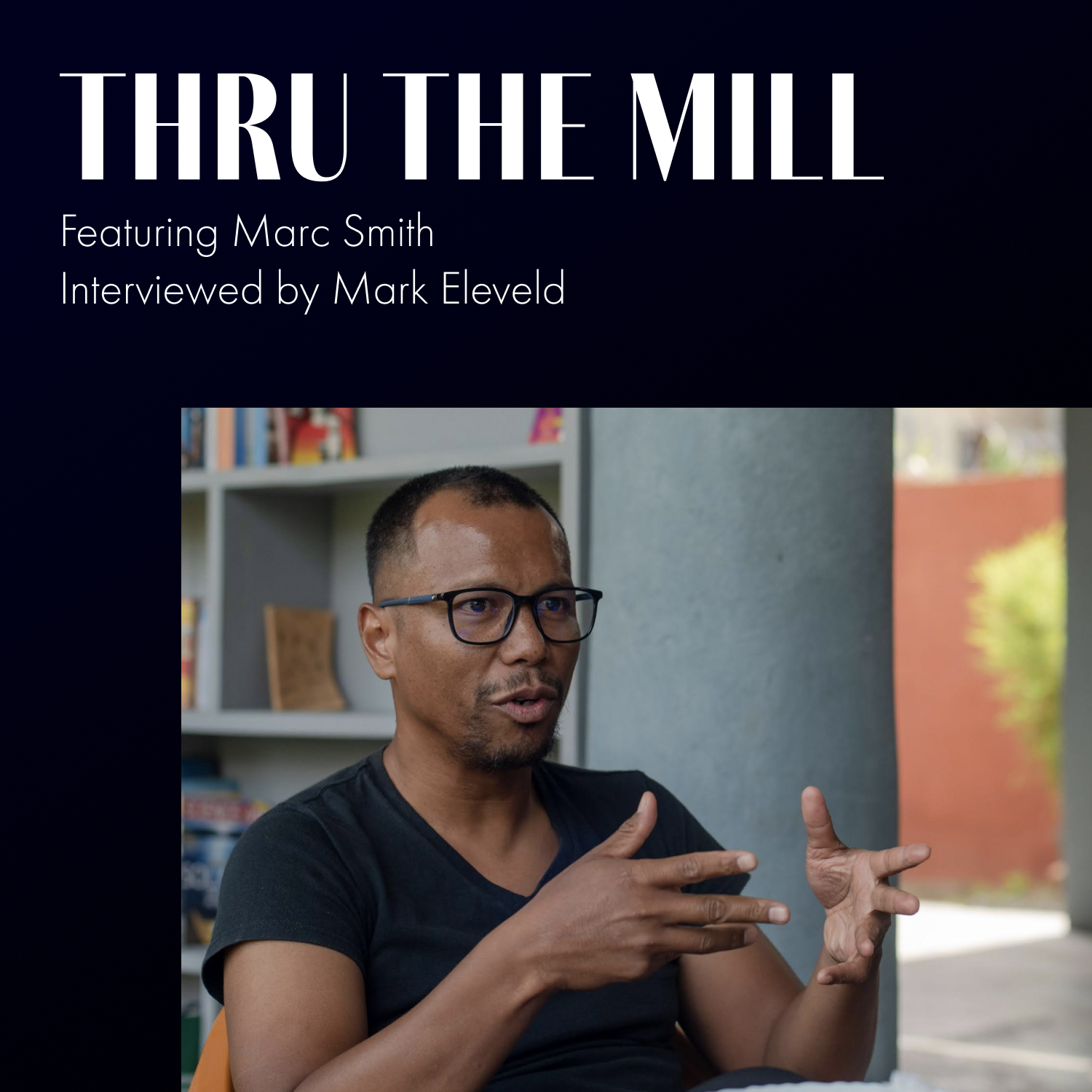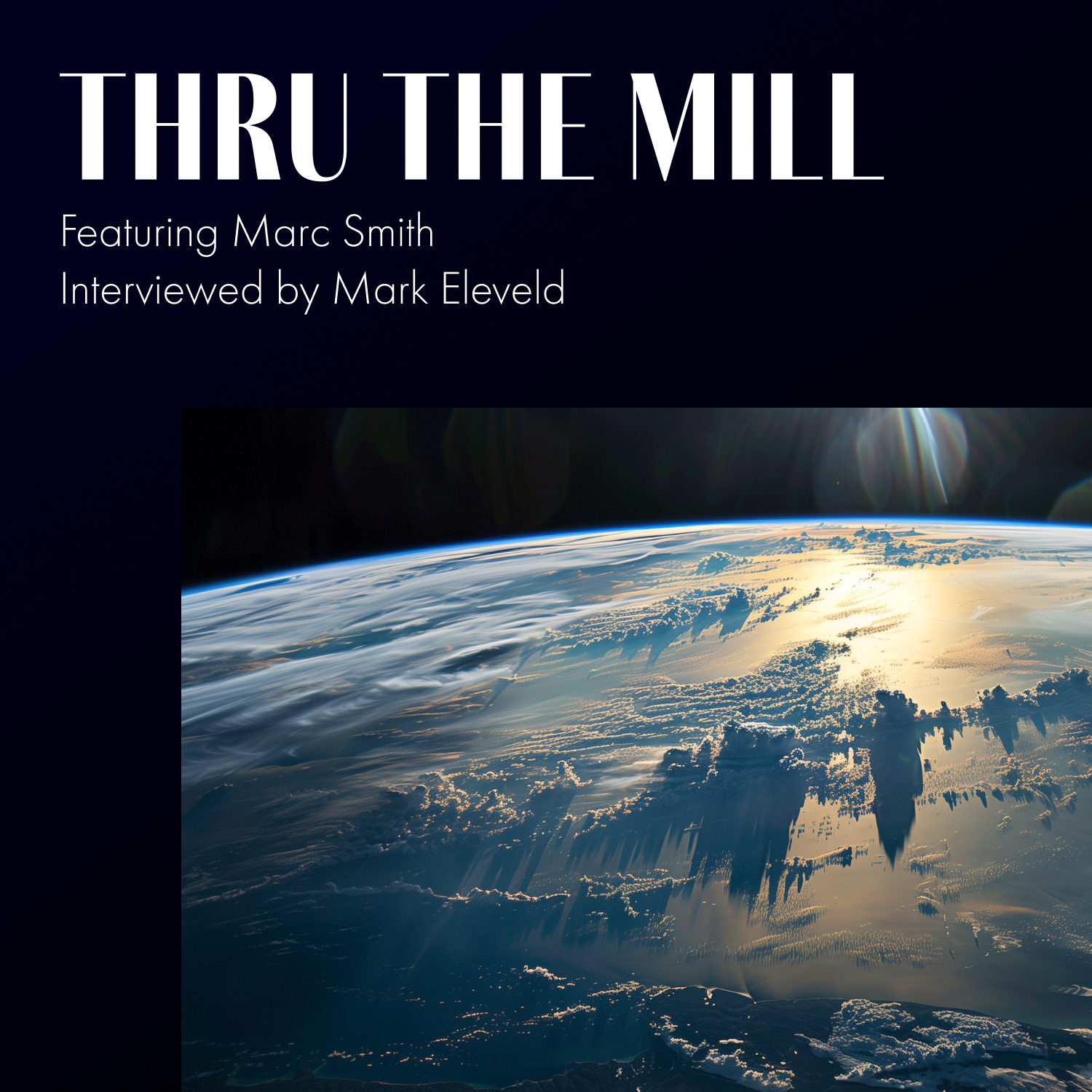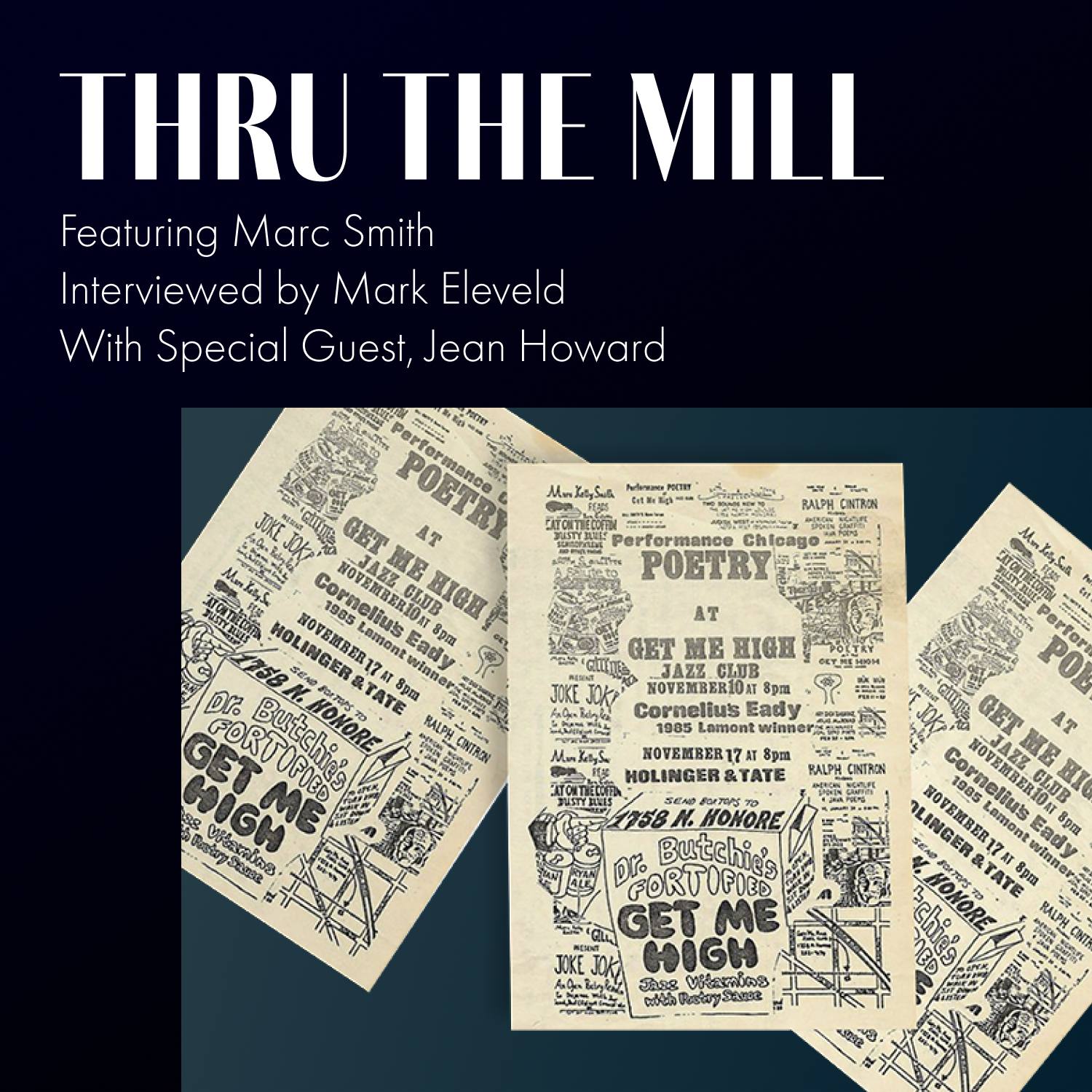Episode Transcript
[00:00:09] Speaker A: So if you tuned in the last episode of through the Mill podcast, we had the great Tony Fitzpatrick in the interview, and we're back again with him. And we're gonna start off with Tony doing some of his haiku.
[00:00:21] Speaker B: I found the poems of Lee Bonje, the age of enlightenment in China, 7th century.
And, boy, that was the time to be a poet. I mean, you were a poet. You were big shit back then. You know, it's like you couldn't swing a cat without hitting one of the fuckers, you know? And then I learned when I went to Tokyo that Lebo was the primary influence on Basho.
Issa Busanhouse. And, you know, being in Tokyo, I got to go to a lot of the places where Basho went. And what really appealed to me was how rooted it was in nature, you know, I mean, I'd become a serious bird watcher.
[00:01:07] Speaker A: Right? How did you start writing these? There's a story in that, right?
[00:01:13] Speaker B: I started writing them because I wanted my poems in my drawings to be the same thing.
My mother loved haiku. My mother was a poet. After she got married and had eight kids, there was very little time to address it seriously. And again, you know, I mean, had the slam come around when my mom was a younger woman, I mean, this would have been a great resource for her. This would have been a, you know, I mean, I think a great many of the people who went to the slam went on to publish books of poetry, you know, Pat Smith, you know, I mean, you, me, I mean, it was incredible. Just the foment, just the fertile ground of.
And there was this idea when we'd look out from the stage at the slam. It's like we can do anything. We can go anywhere we want. There is nothing that's going to hold us back. We have a.
This is the rock that we built the pirate ship, you know, but this is kind of about what my grandmother taught me about birds. It's a haiku. My grandmother said, for only one piece of bread, you can hear God sing.
This is about blue jays, pugnacious blue jay scuffles over nuts and suet fussy bitch, bitch, bitch.
This is about a bluebird.
She is a smashed gem a broke diamond that shines in all directions I wrote this haiku for Prince, a purple martin made of stratocaster music soars across worlds about a goldfinch the autumn bird seemed sweetly and mostly yellow like half the angels this is about Virginia Woolf stones in her pockets woman sank into black water a hooded gro weeps I started corresponding with the former poet laureate of the United States, a man named Ted Kusser.
And he's again been one of those remarkably generous of spirit people who've done nothing but encourage me.
After I got sober this past couple years, I started getting treated for depression, and his poems led me out of darkness on the back fly leaf. They said it more perfectly than I could. Those poems are about a lot of things attuned to life's shared experiences, emotions, illness, aging, beauty and love. Some poems cradle elegies for family and friends. Drifting on rafts of language, we celebrate the small, quiet wonders of life. And you know what? That was what I needed, you know, in my letters to him and the letters you wrote me back, he's done nothing but encourage me. I was very nervous sending my haiku off to form. Former poet laureate of the United States. But some of these became about Chicago, as they are wont to do.
[00:04:39] Speaker A: You can't get Chicago out of your horse.
[00:04:41] Speaker B: Nope. Doesn't wash off, buddy.
[00:04:43] Speaker A: No, it doesn't.
[00:04:44] Speaker B: This is about a crow hopping down the street. Madman street bird made alive in the furies of a cursed city is about the stockyards.
Creature of the dust snorts and howl's blood. Memory.
The stockyards are closed.
Chicago snowman, all riddled with piss divots, vanishes in sunlight.
[00:05:12] Speaker A: Everybody was talking about that one at the end of the show Sunday.
I like that one about the snowman.
[00:05:21] Speaker B: Yeah.
Here's another one about a Chicago crowd. Carnival of Blue. A lone crow in a black rain. Autumn in echo.
This is about the movie Hud. I don't know if you've ever seen it.
[00:05:38] Speaker A: Paul Newman. Right.
[00:05:39] Speaker B: It's about the character that Patricia Neal played for which she won an Oscar. Panhandle woman among horsemen and oilmen weary of the dust.
That's kind of where it's headed.
[00:05:55] Speaker A: Man. That's great. That's great, Tony. I never would have imagined Tony writing.
[00:06:00] Speaker B: Haiku, but neither would Tony, man, you know, happen. So, I mean, even when I first started writing him, I didn't.
I started taking them seriously when I started buying books, only specifically to write Haiku's in the. I mean, eventually they became sketchbooks. Not this one.
This is one of my favorite poems and one of the ones that led me out of darkness. And Ted Kusser has recovered from cancer three different times.
He's 86 years old, and the world is still in front of him.
That shined a light for me. This is called the vernal equinox.
How important it must be to someone that I am alive and walking and that I have written these poems.
This morning the sun stood right at the end of the road and waited for me.
[00:07:01] Speaker A: That's great, Tony. So we've been talking to Tony Fitzpatrick here and Fritz. It's great to be here with you, Tony. Thanks. Thanks for doing that.
[00:07:11] Speaker B: Thanks for having me, man.
[00:07:12] Speaker A: Absolutely.
[00:07:13] Speaker B: I'm glad I raped.
[00:07:15] Speaker A: You're one of the most important people that early history, and that's what this podcast is all about.
[00:07:20] Speaker B: Well, you know what?
That early history, that. Those early days of the slam, that's when I entered the world as an artist. And there's just no other way to think of it than that way. I mean, it was like, you know, I've been drawing pictures for a long time, but I looked out and when I'd be reading and I'd see, I didn't know how to actually say it yet, but I realized that's my community. You know, I have a community. I have a place where I belong.
[00:07:57] Speaker A: Well, I'm glad you found it, and I'm glad we're likewise, buddy.
[00:08:03] Speaker C: You've been listening to through the mill, our podcast about the poetry slam. My name is Mark Elleveld. I'm the editor of the spoken word revolution books. Emily Kelvo is here with us. She named the podcast. It's an anthology she's been working on since the early nineties. And we're here with Mark Kelly Smith, the founder of poetry Slam. We're going to be bringing some podcasts and shows to you to hear the origin stories from a bunch of different poets and a bunch of different organizers. Our director Hugh's over there in the corner. I hope you had a good time and we'll talk to you soon.


